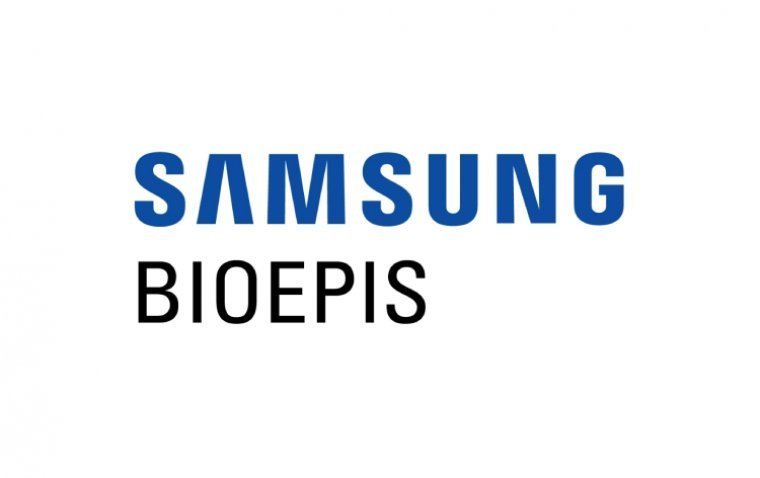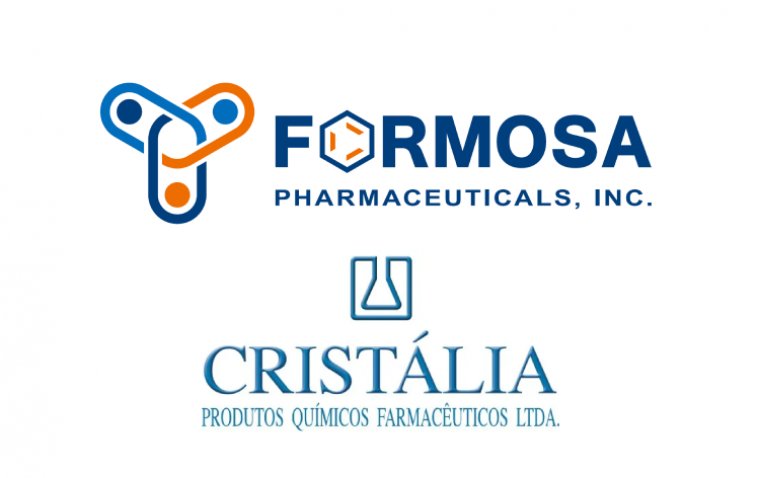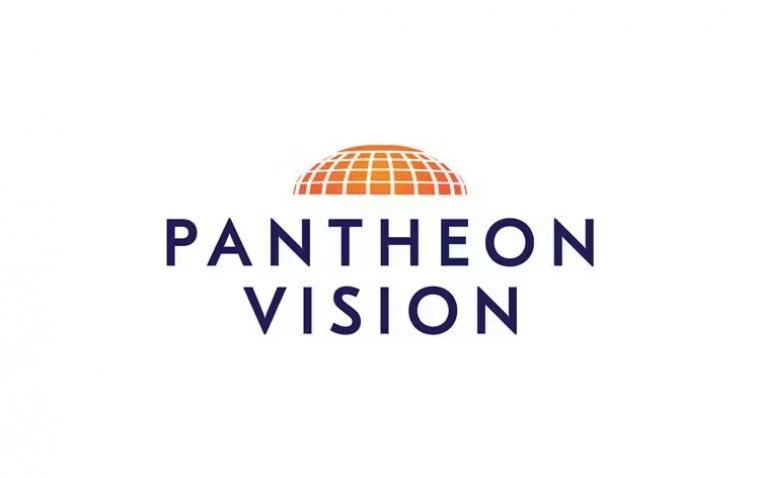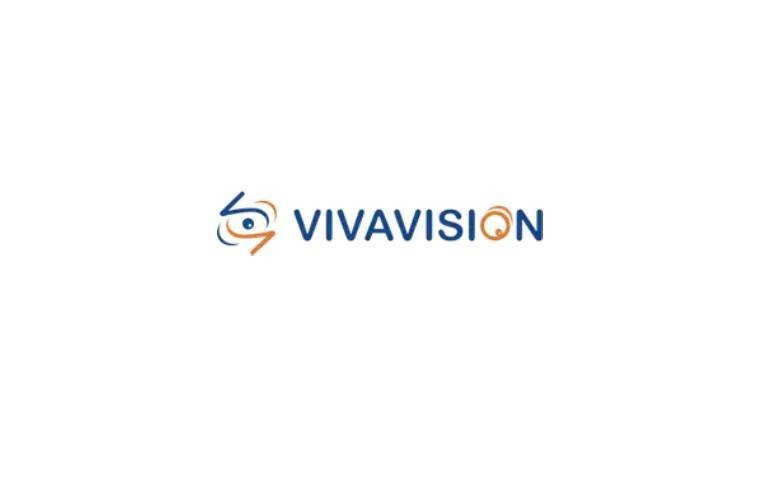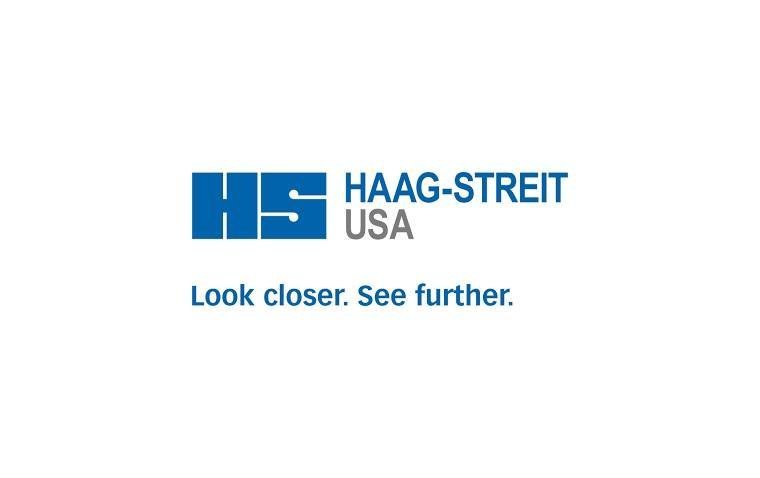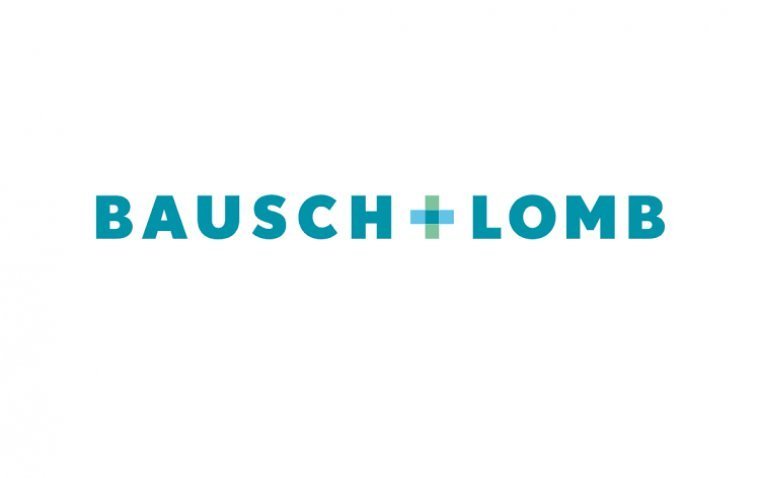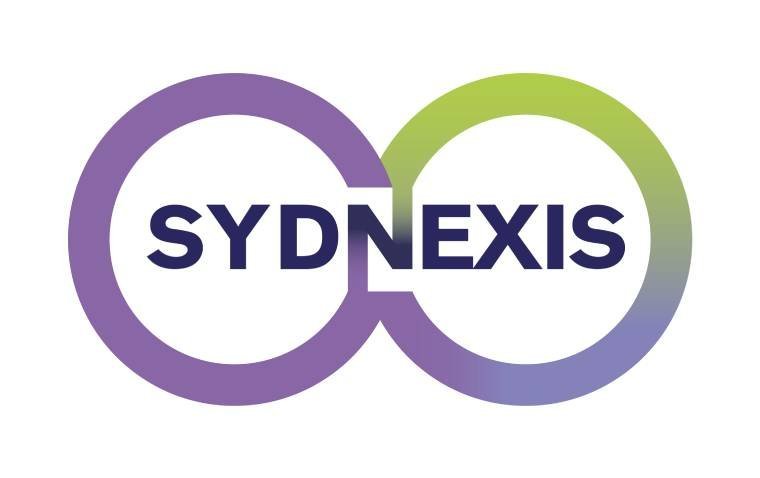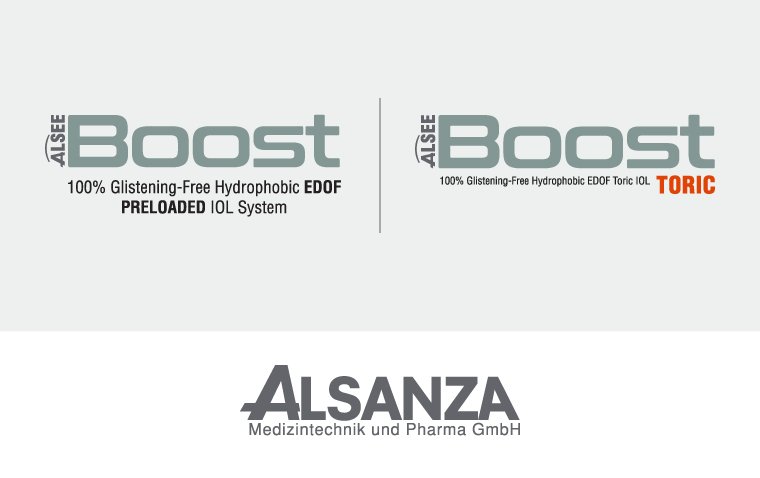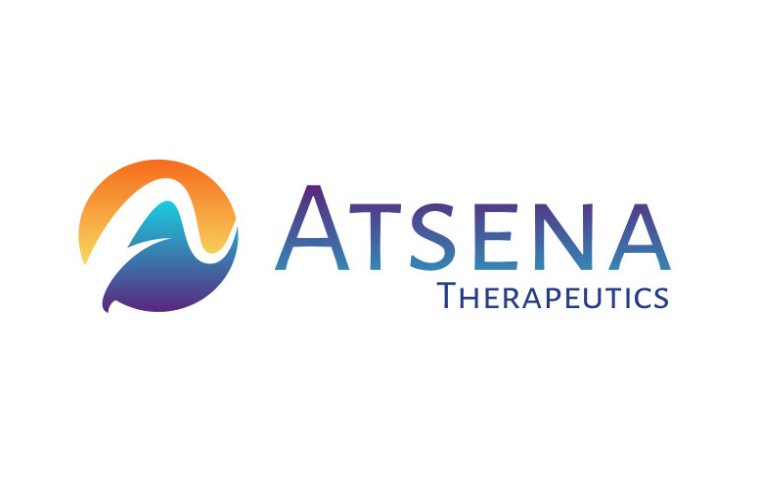
Atsena Therapeutics and Nippon Shinyaku Enter Exclusive License Agreement for Gene Therapy ATSN-101
Atsena Therapeutics, Inc. and Nippon Shinyaku Co., Ltd. have entered an exclusive licensing agreement to advance and commercialize ATSN-101, an investigational gene therapy for Leber congenital amaurosis type 1 (LCA1), in both the United States and Japan. ATSN-101 is designed to treat LCA1 caused by biallelic mutations in the GUCY2D gene, a rare and severe inherited retinal disorder.
Agreement Details and Commercial Rights
Under the agreement terms:
• Nippon Shinyaku will hold exclusive commercial rights to ATSN-101 in the U.S. and Japan.
• Atsena Therapeutics retains commercial rights in all other regions.
• In the U.S., ATSN-101 will be marketed by NS Pharma, Inc., a subsidiary of Nippon Shinyaku.
In exchange, Atsena will receive an upfront payment, milestone payments, and royalties based on sales. Additionally, Nippon Shinyaku will reimburse Atsena for continued development efforts, including an upcoming global pivotal trial of ATSN-101.
ATSN-101: A First-in-Class Gene Therapy for LCA1
ATSN-101 is the first gene therapy specifically developed to treat LCA1. This program has received multiple designations from the U.S. Food and Drug Administration (FDA), including:
• Rare Pediatric Disease Designation
• Regenerative Medicine Advanced Therapy (RMAT) Designation
• Orphan Drug Designation
If approved, ATSN-101 could bring a crucial new treatment option to individuals with LCA1, who currently have no available therapeutic options. Atsena will retain all rights to any Rare Pediatric Disease Priority Review Voucher (PRV) issued upon the approval of ATSN-101’s Biologics License Application (BLA).
Leaders Comment on the Partnership’s Impact
This agreement marks a major step in bringing ATSN-101 closer to market, offering new hope to patients affected by LCA1. Patrick Ritschel, CEO of Atsena Therapeutics, emphasized the agreement's significance: “This agreement accelerates ATSN-101’s development and validates Atsena’s pioneering technology and capabilities. We anticipate this will be the first of many ocular gene therapies in our clinical portfolio. We look forward to collaborating with Nippon Shinyaku as we advance ATSN-101 through pivotal trials and potential approval to offer an innovative solution for LCA1 patients and families worldwide.”
Nippon Shinyaku President Toru Nakai highlighted the promise of ATSN-101, stating, “ATSN-101 represents an innovative treatment option in an area with no approved solutions. We are excited to partner with Atsena and contribute to the advancement of their groundbreaking science.”
This collaboration between Atsena Therapeutics and Nippon Shinyaku brings ATSN-101 closer to becoming an essential therapeutic option for LCA1 patients, opening the door to potential future developments in ocular gene therapy.
(1).jpg)
